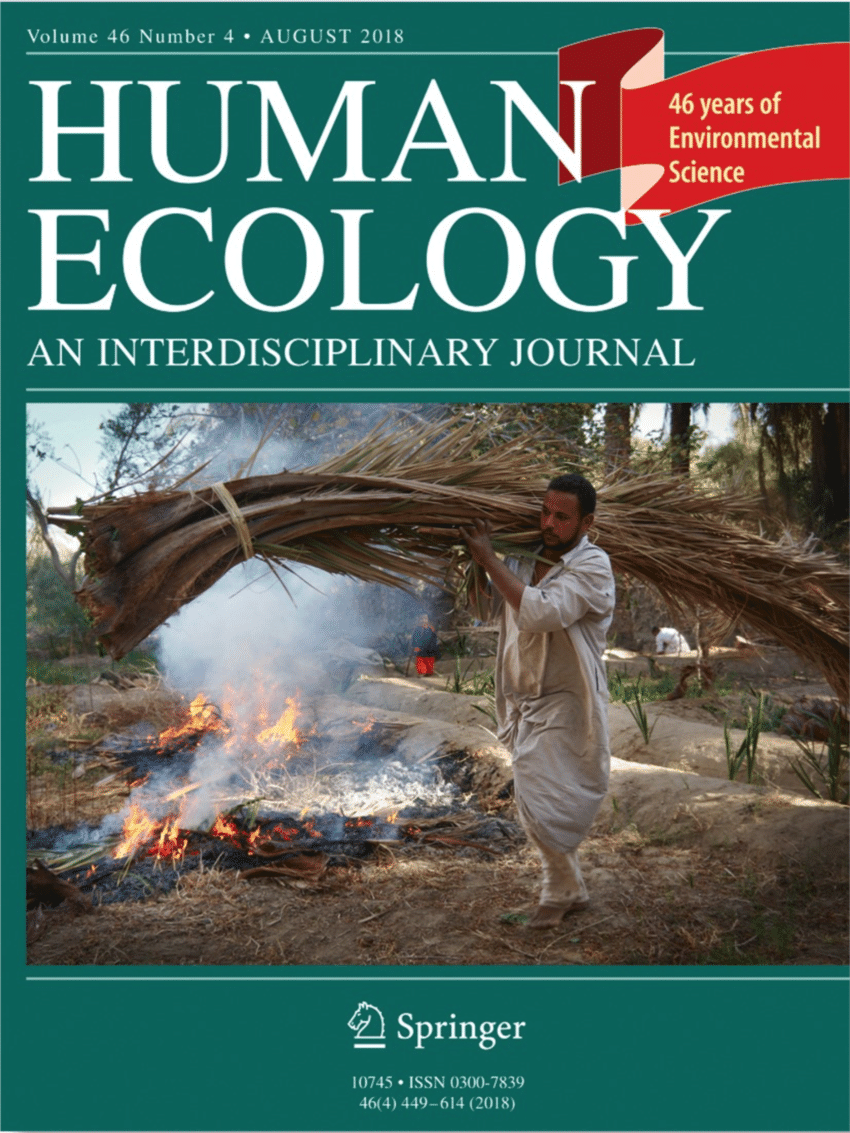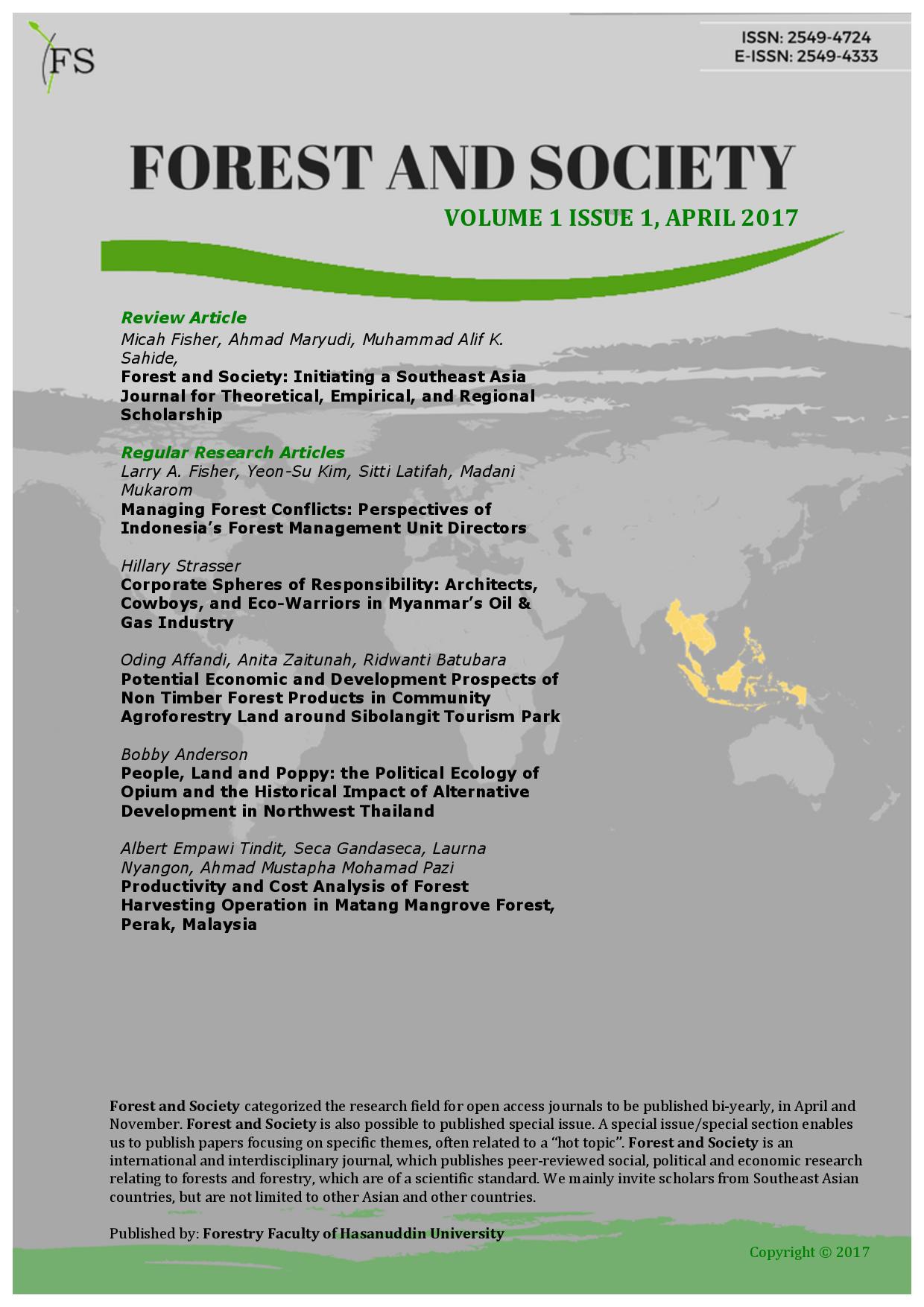People everywhere experience changes and events that impact their lives. Knowing how they perceive, react, and adapt to climatic changes and events is helpful in developing strategies to support adaptation to climate change. Mamberamo in Papua, Indonesia, is a sparsely populated watershed of 7.8 million hectares possessing rich tropical forests. Our study compares scientific and traditional ecological knowledge (TEK) on climate, and analyzes how local people in Mamberamo perceive and react to climatic variations. We compared meteorological data for the region with local views gathered through focus group discussions and interviews in six villages. We explored the local significance of seasonality, climate variability, and climate change. Mamberamo is subject to strikingly low levels of climatic variation; nonetheless local people highlighted certain problematic climate-related events such as floods and droughts. As our results illustrate, the implications vary markedly among villages. People currently consider climate variation to have little impact on their livelihoods when contrasted with other factors, e.g., logging, mining, infrastructure development, and political decentralization. Nonetheless, increased salinity of water supplies, crop loss due to floods, and reduced hunting success are concerns in specific villages. To gain local engagement, adaptation strategies should initially focus on factors that local people already judge important. Based on our results we demonstrate that TEK, and an assessment of local needs and concerns, provide practical insights for the development and promotion of locally relevant adaptation strategies. These insights offer a foundation for further engagement.
Download:
DOI:
https://doi.org/10.5751/ES-05822-180413
Altmetric score:
Dimensions Citation Count:

























